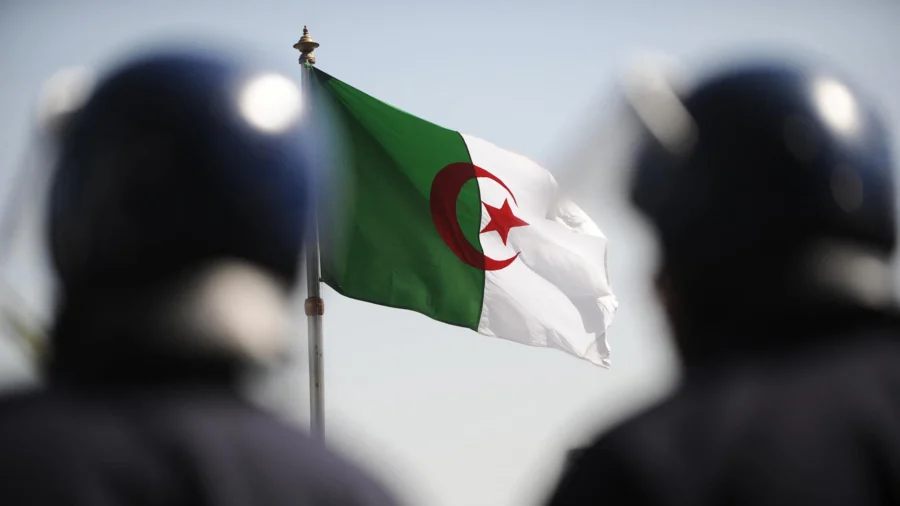DJANET, Algeria—A Swiss tourist was killed earlier this month in Algeria, which has in recent years aimed to attract tourists and put a history of instability and terrorism in the Sahara in the past.
Switzerland’s Department of Foreign Affairs on Tuesday said in a statement to The Associated Press that it had been in contact with Algerian authorities about the “violent death” of an unnamed Swiss citizen on Oct. 11. The woman was part of a tour group of five Swiss travelers.
Algerian authorities did not respond to a request for comment and had not issued a public statement as of Tuesday.
Unlike neighboring Morocco and Tunisia, few tourists visit Algeria, which requires nearly all foreign visitors to obtain visas to enter. However, the country has in recent years enacted policies designed to lure visitors, streamlining the visa process specifically for tour groups interested in visiting the rippling sands and imposing rock formations of the Sahara, including the town of Djanet, a gateway to the Tassili n’Ajjer National Park.
The death was the first killing of a foreigner in Algeria in several years.
In recent decades, authorities have faced challenges policing the porous borders that delineate where Algeria ends and where neighboring countries begin. In 2003, extremists kidnapped 32 European tourists visiting southern Algeria. In 2013, terrorists linked to al Qaeda stormed an oil refinery, where they held hundreds of Algerian and international workers hostage until security forces stormed the facility. At least 39 foreign hostages were killed.
The 2011 fall of Libya’s Muammar Gaddafi and Tuareg rebellions in northern Mali compounded the region’s difficulties, increasing the prevalence of weapons and drug trafficking.

